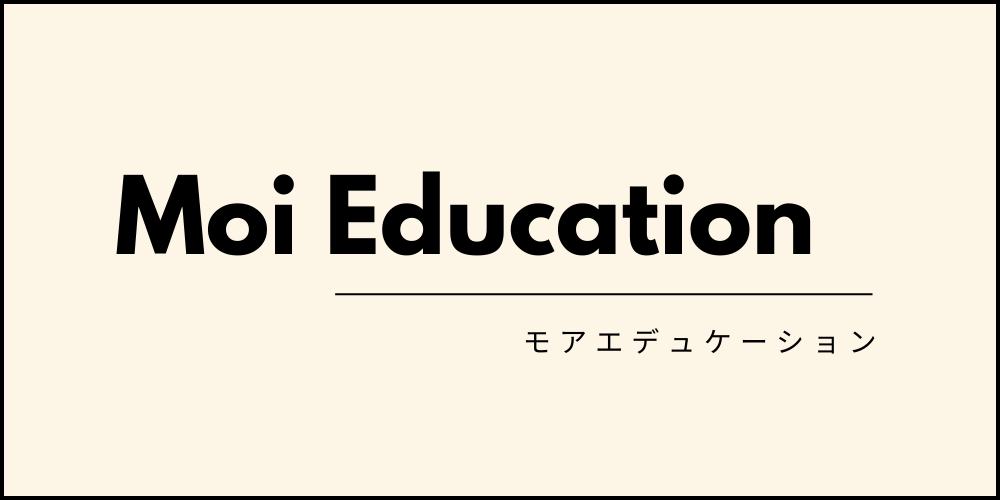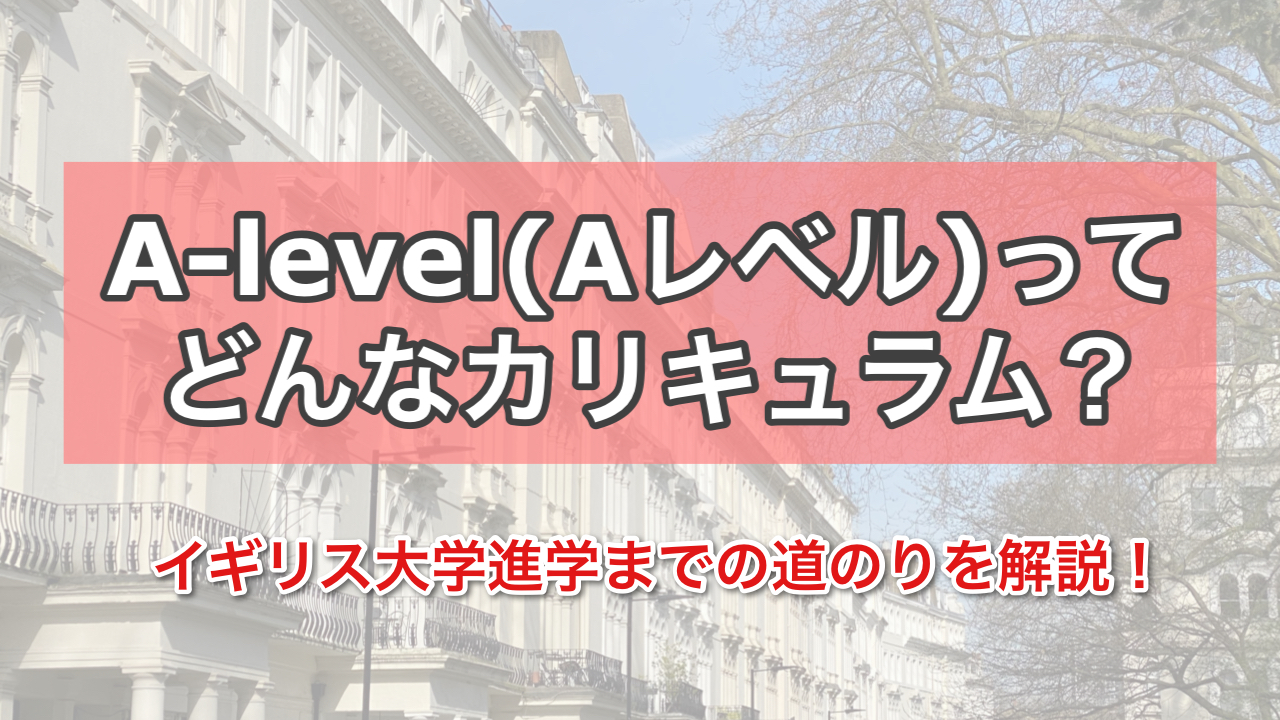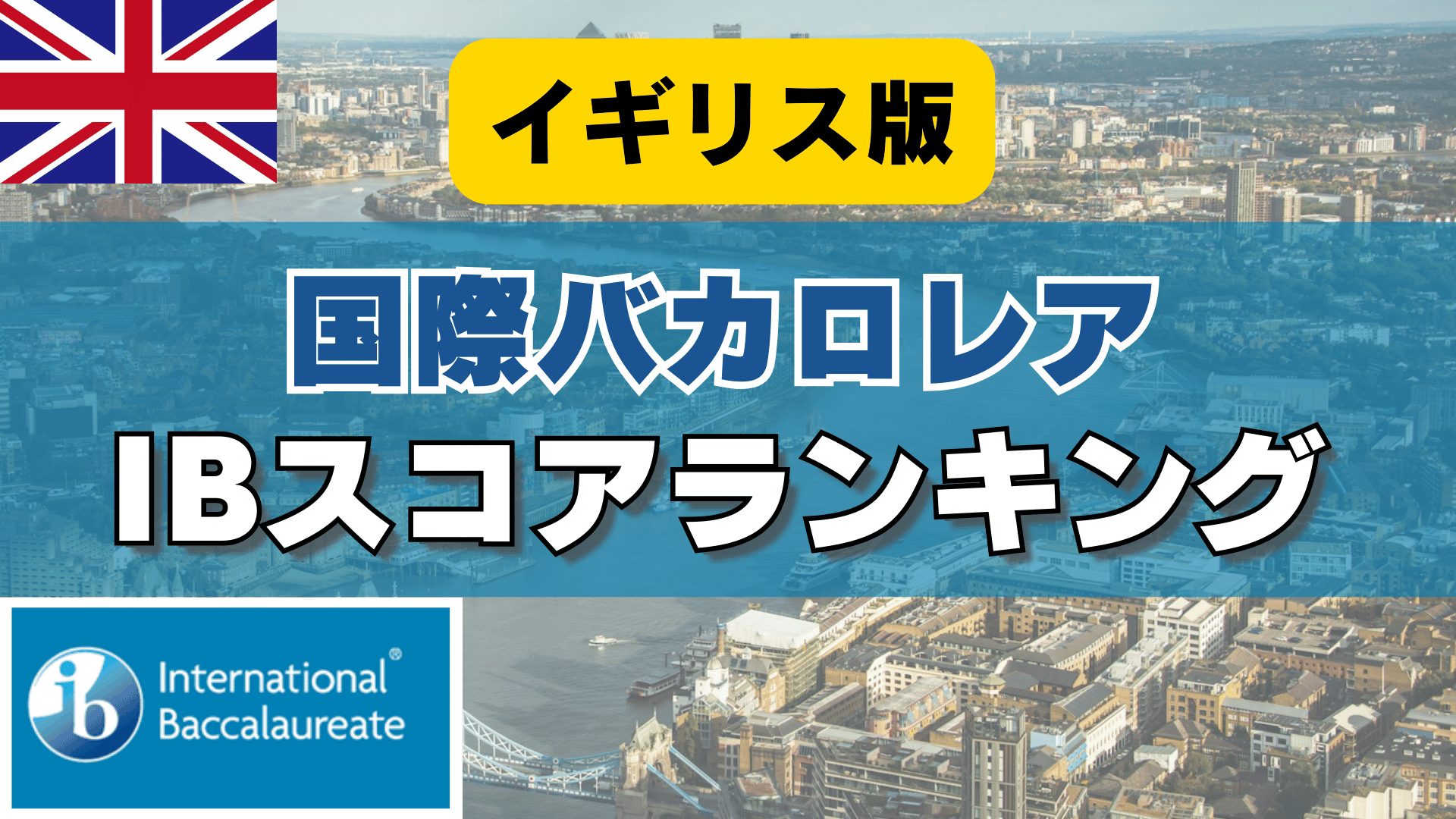Long-term study abroad – UK
Age
Primary, secondary and high school students
Minimum age accepted at boarding schools is 8 years old.
Senior school curriculum in the UK
International students are usually enrolled in boarding schools.
Equivalent of a Japanese of junior high school, students study a curriculum called GCSEs (or the international version, IGCSEs), with standardised examinations at the end of the two-year course, the results of which are directly linked to high school admissions. They are also checked at university applications.
In Sixth Form, equivalent of a Japanese high school, most schools follow the British curriculum, known as A-levels. In recent years, more and more schools have introduced the IB in line with the trend towards internationalisation, and both A-levels and IB students sit standardised examinations at the end of the two-year course. The results of which are directly linked to the university applications.
What are GCSEs/IGCSEs?
The curriculum is studied during the UK’s Year 10 – Year 11. Students usually take 7-9 subjects over the two-year course.
Some international schools made for international students offer a one-year IGCSE course, allowing students to take GCSE/IGCSE qualifications without dropping a year.
As this is the preparatory stage for Sixth Form, focusing on the subjects you plan to choose at A-levels will make it easier when you move up to the next level.

What are A-levels?
The curriculum studied in the UK’s Year 12 – Year 13. Subjects choices are completely elective, which makes it difference from Japanese high school curriculums.
Students should take their choice of university course into account when choosing subjects. It is also possible to stick with subjects that you like / can get good grades in.
In addition, fewer subjects are taken – four in the first year and three in the second year – this specialisation is unique to this curriculum.
What is IB?
It stands for International Baccalaureate, an international curriculum recognised in many countries. You may be familiar with it as it has been adopted by many international schools around the world.
The course is divided into three levels of programmes according to years: PYP (Primary Years Programme) for students aged 3-12 years, MYP (Middle Years Programme) for students aged 11-16 years, and DP (Diploma Programme) for students aged 16-19 years.
Many schools in the UK have adopted the IB as an alternative to A-levels. As such, by saying IB, we refer to the ‘IBDP’ programme here. the IBDP consists of a project-based part called the DP core and six elective subjects.
DP core
It consists of the following three parts.
(1) Creativity, activity, and service (CAS)
Students learn the skills they need to operate in society. The course is not graded but is mandatory.
(2) The extended essay (EE)
Students choose one topic from the elective subjects as a theme, and submit a 4000-word essay on the topic. As it is in the form of a dissertation, students can do a project similar to a research at a university.
(3) Theory of knowledge (TOK)
Through critical thinking and logical thinking, the final outcome is summarised in a 1600-word essay.
Elective subjects
The main difference with A-level is that you choose one subject from each of the six subject groups, which are a mix of sciences and humanities (only Group 6 can be replaced by Group 3 or 4).
A minimum of three and a maximum of five of these subjects must be taken at HL (Higher Level), with the remainder at SL (Standard Level). This is ideal for students who are not yet sure which major they want to pursue, and for those who want to gain a broad knowledge base.
1. Studies in language and literature
- Language A: literature
- Language A: language and literature
- Literature and performance
2. language acquisition
- Classical languages
- Language Ab initio
- Language B
3. Individuals and societies
- Business management
- Digital society
- Economics
- Geography
- Global policies
- History
- Language and culture
- Philosophy
- Psychology
- Social and cultural anthropology
- World religions
4. Sciences (science)
- Biology
- Chemistry
- Computer science
- Design technology
- Environmental systems and societies
- Physics
- Sports, exercise and health sciences
5. Mathematics
- Analysis and approaches
- Applications and interpretation
6. Arts
- Dance
- Film
- Music
- Theatre
- Visual arts
About boarding schools
First establised in England in the 15th century, boarding schools noarmally accomodates students at senior school level, so from the age of 13 years. There are some schools that accept younger students at primary school age. Widely known boarding schools includ Eton College, where a lot of British royal families and prime ministers studies. Other examples are Harrow School and Rugby School. Rugby School opened a new international branch in Japan in 2023.
Boarding schools can now be found in many countries such as the US, and have become destinations for many international students. Most of them also accept day students, who go to school every day from home instead of staying at a boarding house.
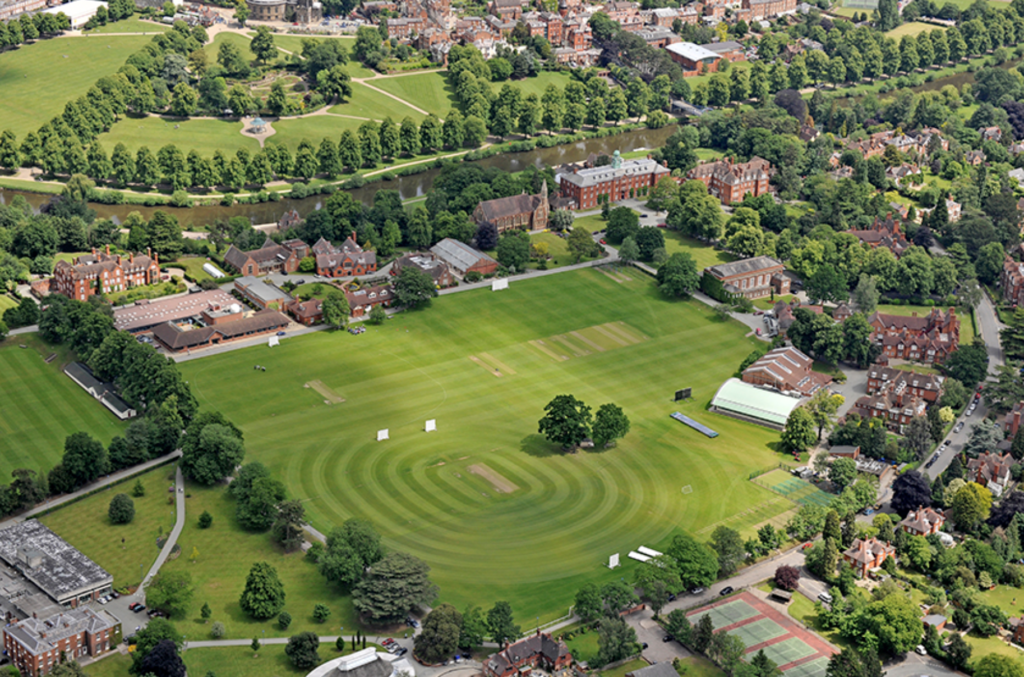
School ground is usually huge enough that it could accommodate a few football pitches, with a number of other facilities. Students develop teamwork through a wide range of activities, not only in sports, but also in art and music.
Students mostly come from local, with a good number of international students from all over the world. Learning about different cultures and exchanging ideas will broaden students’ horizons.

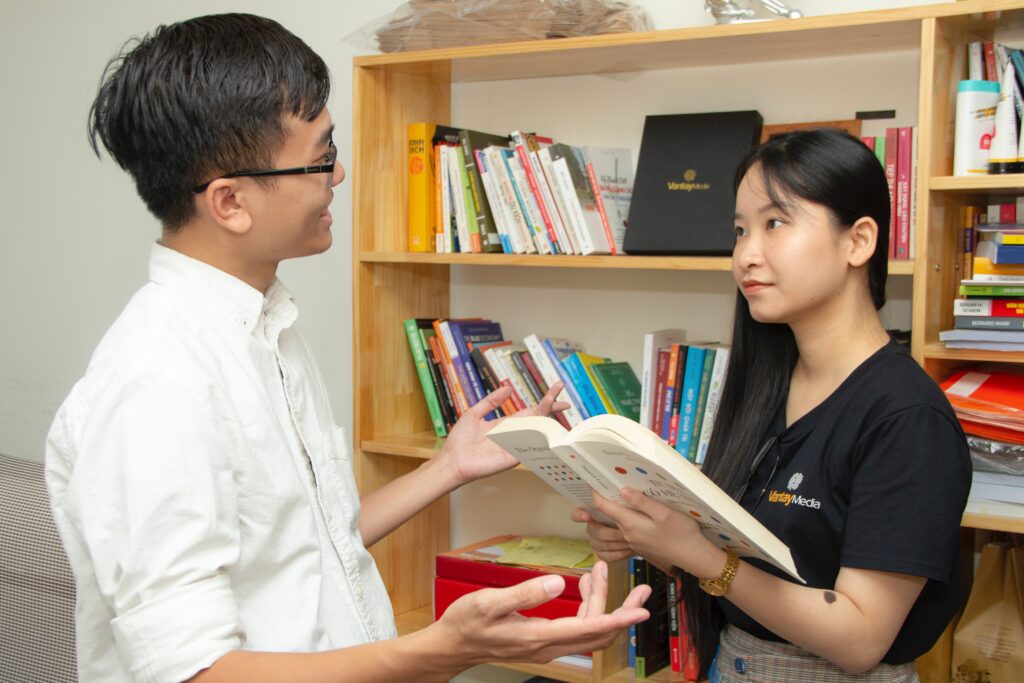
Class size is relatively small with about 10 students per class, making it easy for the teacher to grasp the students’ situation. There is a lot of discussion involved in the class. In addition, each student is assigned a teacher who acts as a mentor, which provides an environment in which students have someone nearby that they can rely on.
Costs of studying abroad
The estimated costs of studying at boarding schools are as follows (as of 2024).
- Tuition fees: £32,000-53,000
- Guardian fee: £2,500.
- Homestay fees during half-term and other holidays: £2,000
- Student visa application fee: £348
- NHS (National Health Service): £776
- Flights: 200,000 yen per round trip.
Total: approx. £40k – 60k
The conversion is as follows: 1 GBP = 190 JPY.
- Tuition fees: 6,080,000-10,070,000 yen
- Guardian fee: 475,000 yen
- Homestay fees during half-terms and other holidays: 380,000 yen
- Student visa application fee: 66,120 yen
- NHS (National Health Service): 147,440 yen
- Flights: 200,000 yen per round trip.
Total: approx. 7-11.3 million yen
Annual tuition fees can be expensive, but summer school allows you to experience life at a boarding school for as little as two weeks. It is an affordable study abroad option with low costs and no visa required (for Japanese nationals).
